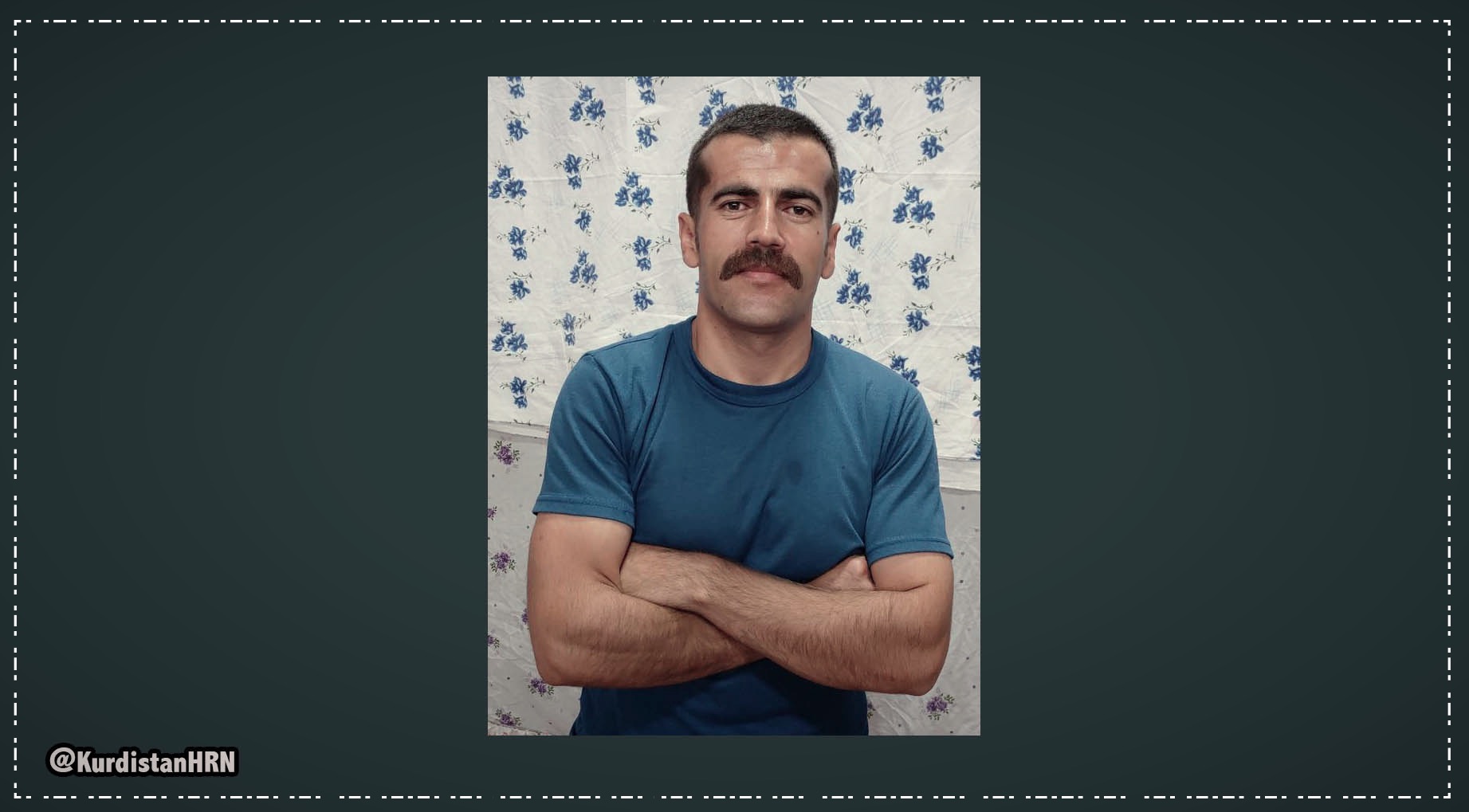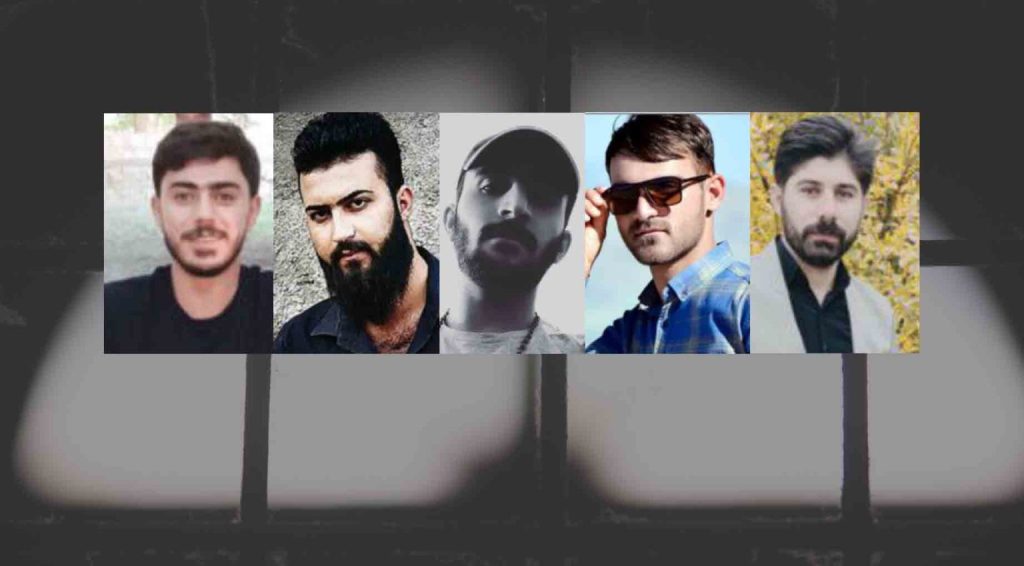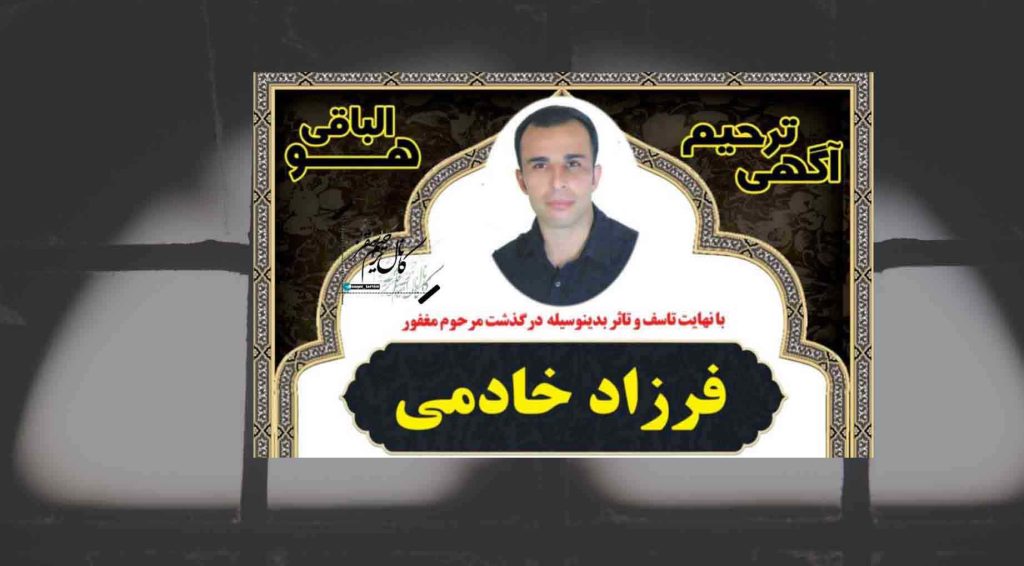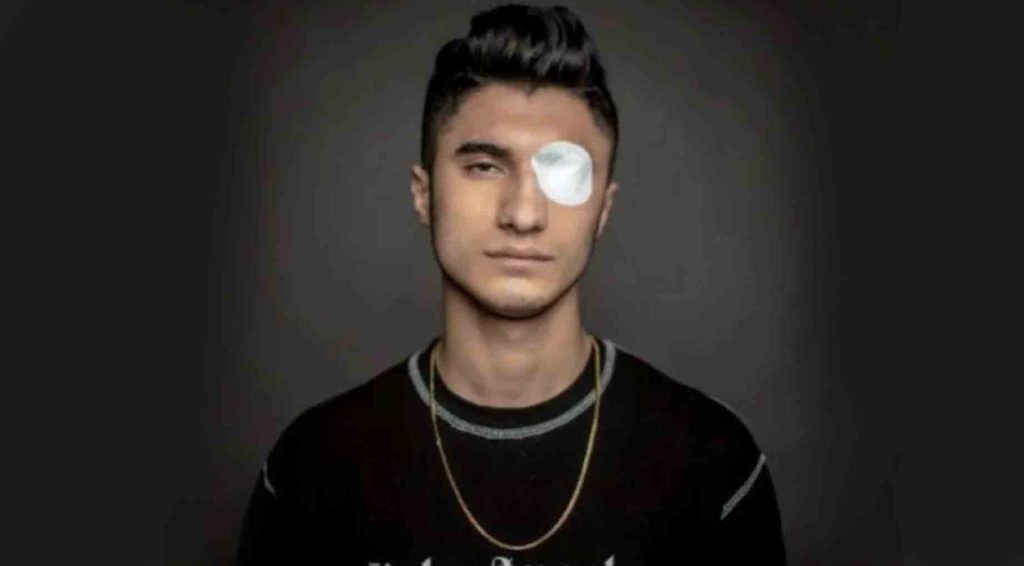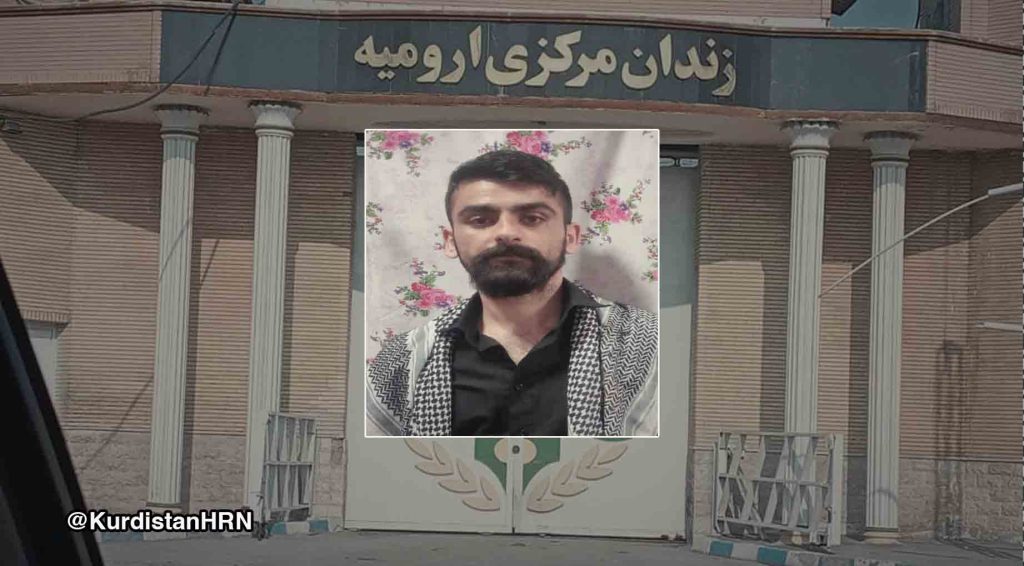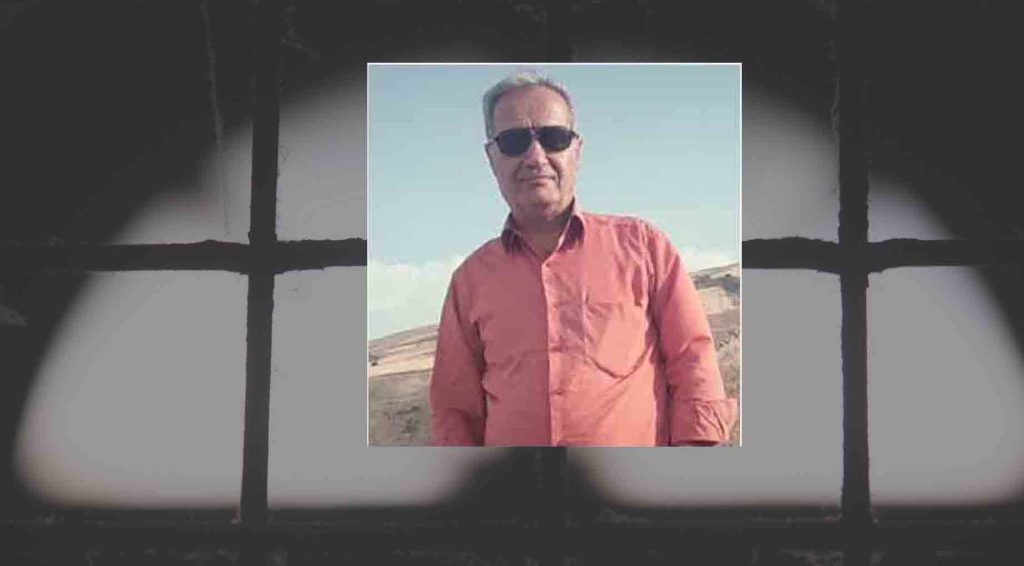A Kurdish political prisoner named Shaker Behrouz, who is sentenced to death, was transferred to an undisclosed location on the morning of 29 June from a ward for prisoners of conscience in Orumiyeh prison.
In a phone call before his transfer, Behrouz had spoken about the risk of his execution.
In a similar case on 20 June, another Kurdish political prisoner named Firouz Musalou was secretly executed in this prison. His body has not been returned to his family yet.
A relative of Behrouz that spoke to the Kurdistan Human Rights Network (KHRN) said that at 08:00 (all times are local) on 29 June, Behrouz had a brief phone call with his brother and told him that the prison authorities had decided to transfer him to solitary confinement to execute his death sentence.
The source further added: “At 11:00, one of Shaker’s cellmates in the ward for political and religious prisoners contacted his family and told them that Shaker Behrouz had been taken to an undisclosed location.”
Prison officials summoned the political prisoner to the guard’s office under the pretext of family visits and transferred him to an undisclosed location.
On 25 June, Branch 1 of the Islamic Revolutionary Court of Orumiyeh once again sentenced the Behrouz to the death penalty.
The court has charged the political prisoner with “armed insurrection” (baghi) through membership in the Democratic Party of Iranian Kurdistan (KDPI).
Before this ruling, in September 2020, Branch 2 of the Islamic Revolutionary Court had also sentenced Behrouz to death on charges of “armed insurrection” through membership in the Komala Party of Iranian Kurdistan.
In July 2021, Branch 31 of the country’s Supreme Court overturned the ruling.
In another case in January 2021, the political prisoner was sentenced to death by Branch 1 of the Criminal Court of Orumiyeh on charges of “murdering a member of the Islamic Revolutionary Guard Corps (IRGC)”.
This decision was upheld by Branch 31 of the Supreme Court based in Qom in October.
In December 2021, the KHRN published a report saying that after seven witnesses had testified at Branch 1 of the Islamic Revolutionary Court in Orumiyeh that Behrouz was not present at the time of the killing of the IRGC member, the Intelligence Organisation of the IRGC increased its pressures on the families of the political prisoner and the witnesses.
A source familiar with the case had spoken to the KHRN and said: “The Intelligence Organisation of the IRGC has summoned all the family members of the political prisoner by telephone and in person, threatening them that they should not follow up on Shaker Behrouz’s case in any way. Individuals who testified in court have also been threatened by telephone and in-person by the military-security institution and have been asked to withdraw their testimonies in court”.
Also, in November 2021, the Kurdish political prisoner went on a hunger strike to protest against the pressure exerted by the Intelligence Organisation of the IRGC on members of the family of the IRGC member not to withdraw their complaints.
Background
Shaker Behrouz, a resident of Orumiyeh, presented himself to the office of the intelligence ministry in Orumiyeh in late 2018 after receiving a letter of safe conduct and returning from the Kurdistan Region of Iraq.
The Kurdish political prisoner was released after 14 days of interrogation.
On 17 February 2019, three months after his release, the Intelligence Protection Organisation of the IRGC arrested Behrouz on charges of “killing a member of the IRGC”.
They severely tortured him, both physically and mentally, under interrogation for a year and 18 days in the IRGC’s al-Mahdi base in Orumiyeh.
In a session that lasted no more than several minutes, Branch 2 of the Islamic Revolutionary Court of Orumiyeh sentenced the Kurdish political prisoner to five years in prison on charges of “acting against national security” through “membership in the Democratic Party of Iranian Kurdistan”.
The Intelligence Organisation of the IRGC accused Behrouz of “armed insurrection” (baghi) through “membership in the Komala Party of Iranian Kurdistan” and the “murder” of an IRGC member.
The political prisoner was sentenced to death in two separate cases on each of these charges.

